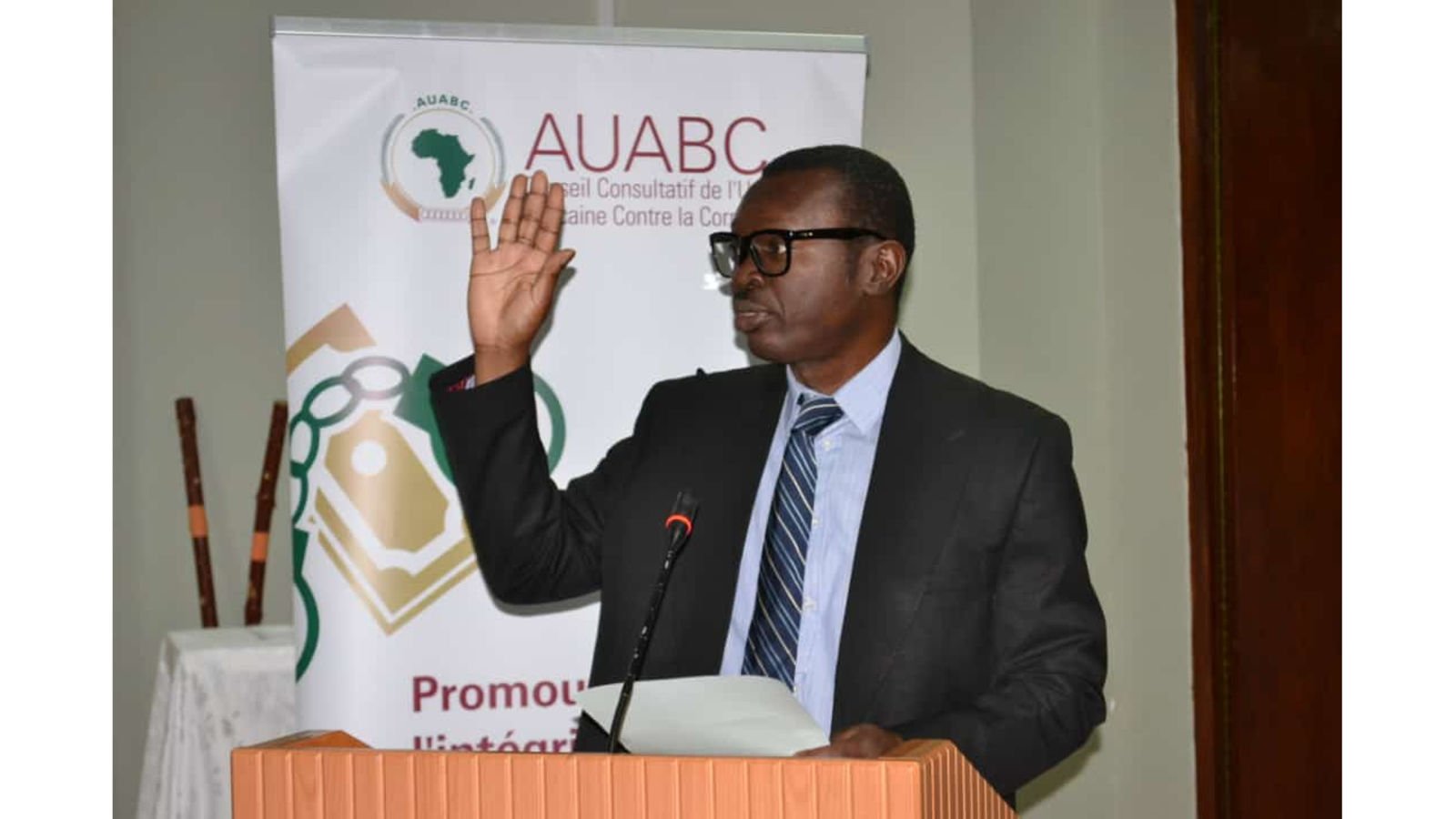Members of the African Union Advisory Board Against Corruption (AUABC) have begun a six-day strategy retreat in Arusha, gathering to reassess how the continent can confront corruption at a time when financial losses continue to rise sharply.
According to new estimates, Africa is losing nearly US$125 billion each year to corruption — an amount equal to half of its total domestic tax revenue and roughly a quarter of its combined GDP. The figure represents an increase of more than US$25 billion compared to the previous year, highlighting the urgency behind the talks.
Opening the retreat, AUABC chairperson Kwami Edem Senanu warned that corruption remains one of Africa’s most damaging obstacles to development. He said it undermines infrastructure investment, slows economic growth and erodes public confidence in institutions meant to protect citizens’ interests.
Senanu explained that board members drawn from legal, finance, procurement and human-resource sectors are examining internal processes to strengthen their ability to help African countries tackle graft more effectively. He pointed to the growing role of technology, saying a range of digital tools now exists that can enhance early detection, improve transparency and reduce opportunities for misconduct.
He further stressed the importance of Africa’s youth, noting that young people account for more than 60 per cent of the continent’s population. He said their involvement is essential, both in protecting public resources and in shaping future governance systems that prioritize accountability and integrity.
Tanzanian board member Benjamin Kapera added that corruption continues to suppress economic growth and keeps many African countries dependent on foreign aid. He argued that sustainable development cannot be achieved without eliminating the systemic practices that drain public funds and weaken institutions.
Also Read; Government Pushes Efficiency Across Water Sector
Throughout the session, delegates will review progress made under the [African Union Convention on Preventing and Combating Corruption], assess the impact of recent anti-corruption campaigns and refine their continent-wide strategy for the coming year. The retreat, which runs alongside the Board’s 50th Ordinary Session, is expected to produce new policy recommendations for the African Union.
Participants say the meeting’s location — the city of [Arusha] — is symbolic, given its long-standing role in regional diplomacy and treaty negotiations. They added that the discussions are particularly timely as African nations face growing public pressure to improve governance and safeguard public resources.
As the retreat continues, members hope their collective expertise will shape practical solutions that countries can adopt as part of a renewed effort to strengthen accountability systems. Many also expressed optimism that Africa’s demographic strength — especially its youth — can become a powerful force in steering the continent toward a more transparent and self-reliant future.
With corruption remaining a major barrier to development, the AUABC believes its work is more critical now than ever, and that collaboration across governments, citizens and institutions will be essential in driving meaningful change.







